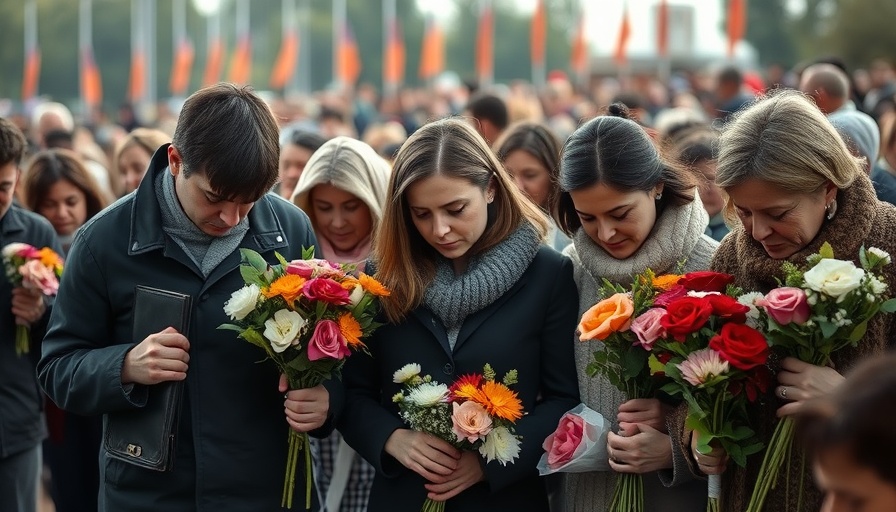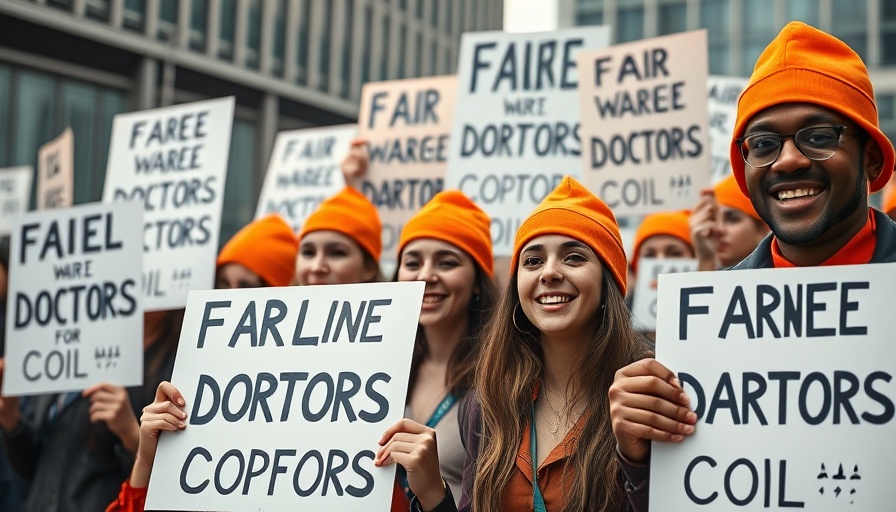
Time is running out for victims
Every moment that passes is another ticking clock for victims of the infected blood scandal. Sir Brian Langstaff, leading the public inquiry, delivered a blistering critique of the government's handling of compensation. He stated, without reservation, that victims are being "harmed further" by the agonizing delays. With 30,000 estimated infections of HIV and hepatitis B or C affecting lives in the 70s, 80s, and early 90s, the call for action couldn’t be louder.
Historical context of the infected blood scandal
Infected blood was used in medical procedures across the UK during a dark chapter in healthcare history. Health authorities failed to prevent the import of contaminated blood products, and the ripple effects were catastrophic. Decisions made decades ago have left a scar on families and communities, as loved ones suffered in silence.
Frustration grows over compensation process
Recent figures tell a haunting story: of 2,043 claims initiated, only 460 individuals have actually received full compensation. This isn’t just numbers; these are lives caught in a bureaucratic limbo that seems indifferent to their suffering. The financial support, originally earmarked at £11.8 billion, is rumored to be tied up in red tape. Claims from victims, and their families, are flooding in, yet the processing speed remains dishearteningly slow.
Victims' voices echo loudly
Crowds continue to gather for demonstrations, urging justice and swift compensation. Each protest stands as a memorial not just to the lives lost but to the ongoing fight for recognition and reparations. Yet, the government response remains fraught with delays. The inquiry's recent findings underscore a raw wound in public health that continues to fester.
Cover-ups and negligence
The inquiry revealed disturbing insights: cover-ups. Public health officials were warned, yet decisions favored short-term solutions over public safety. That negligence has cost lives. Sir Brian’s extensive report, which emerged after evidence of public outcry, serves as a wake-up call to authorities that victims will not be brushed aside.
Looking forward: hope or despair?
The government claims it is cutting red tape to expedite compensation, but actions speak louder than words. In an era where prompt responses are a must, the ongoing delays cast a shadow over any optimism. More hearings have been ordered to dissect the government's compensation strategy and identify the bottlenecks hampering justice. Will the authorities finally rise to the occasion to support the very citizens they are meant to protect?
The role of public outrage
The importance of public sentiment can’t be underestimated. As people rally and share their stories, they become the voice of an entire generation affected by medical malpractice. Survivor stories push the needle of change; they are not just statistics but individuals with hopes crushed. When communities demand action, they can harness the power to ignite policy change.
How can individuals make a difference?
For those who may feel isolated or alone in this battle, there exists a community united by shared struggles. Joining advocacy groups, supporting demonstrations, or directly communicating with local representatives can amplify their voice. You can make a difference in more than just your life. The rights of victims to receive timely compensation must be upheld.
In light of these events, the time is now to apply pressure for justice. Victims deserve to mend their wounds swiftly, and the public’s persistent engagement is crucial. Reach out to local groups, share on social media, and continue to speak out. It’s not just a matter of monetary compensation; it’s a fight for dignity, acknowledgment, and justice. Don’t let their stories fade into the shadows.
 Add Row
Add Row  Add
Add 




 Add Row
Add Row  Add
Add 

Write A Comment